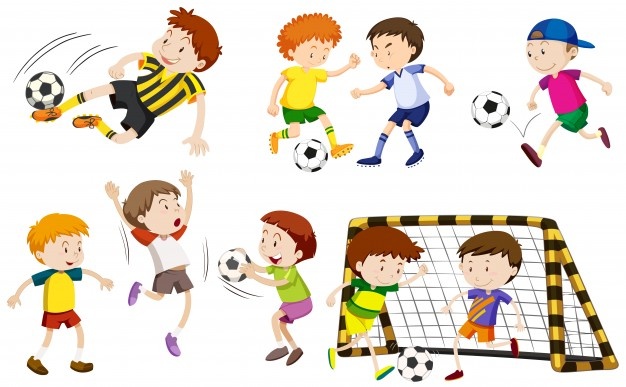Children are the future. The COVID-19 epidemic has wreaked unprecedented damage to societies around the world. At all levels of the game, football has suffered. UK Championship clubs require an emergency bailout, and even the Premier League has suffered severe revenue losses. The same applies in other countries such as Spain and Italy. While these stories make news headlines, the crisis within grassroots football has gone largely unnoticed by the media outlets. In particular, the epidemic has decimated children’s football.
Loss of Revenue for top clubs
The coronavirus pandemic will cost Europe’s 20 richest football clubs over £1.7bn by the end of this season. The Deloitte Football Money League survey found the clubs had already lost around £976m up to the end of the extended 2019-20 season. Clubs have suffered considerable losses on both broadcast and matchday revenue.
The initial lockdown lasted for around four months, and its effects are still being experienced. According to the recent State of Play survey by Utilita, three-quarters of parents said their child had profoundly missed playing football regularly. Worryingly, a quarter of parents with children aged between nine and eleven said their child had struggled badly without the joy of playing.
Mental Health of Children
The impact COVID-19 has had on the mental health of our children has yet to be fully measured. This is for another time. But the economic crisis facing children’s grassroots football clubs is already underway. Nearly half of the respondents in Utilita’s survey said they now fear for the future of their child’s local club.
The governments in Europe have been forced to prioritise livelihoods, health and industry during the pandemic. That has left very little in the way of financial help for grassroots football clubs.
If there’s a sports industry that is familiar with the negative effects of an event that hurts the local or national economy, it’s that of youth sports. It’s an easy-to-understand logical trail: a parent that loses their income will likely not be putting whatever limited funds they have into a league for their child to participate in. This happened during the financial crisis in 2008 and is happening now, with the coronavirus pandemic leading to millions filing for unemployment.
With nowhere else to go, grassroots clubs have been forced to approach parents and staff for donations. The state of the game before the epidemic was dire — now, it’s catastrophic. This applies in several European countries.
Parents and Children
The heartbreaking reality is that the full scale of this crisis won’t reveal itself for several months. Parents are the lifeblood of children’s grassroots football. Without their subs, donations, and fundraising activities, the game is largely on its own. There’s a real concern now that tens of thousands of children will never return to their clubs. Instead, they’ll turn to more sedentary activities such as gaming.
The long-term effects of these forgotten children could be devastating. The obesity problem in several EU countries including Malta, was severe before the pandemic; it could get a lot worse over the next few years. And where are the stars of the future going to come from if up to half of our young players leave the game by the end of 2021?
Our grassroots clubs need cash urgently, for essentials such as rent, football kits, training equipment, football goals, and sundry costs. The football game is in trouble across the board, but the crisis within grassroots football is an emergency. It’s up to all of us to do our bit to save it.
